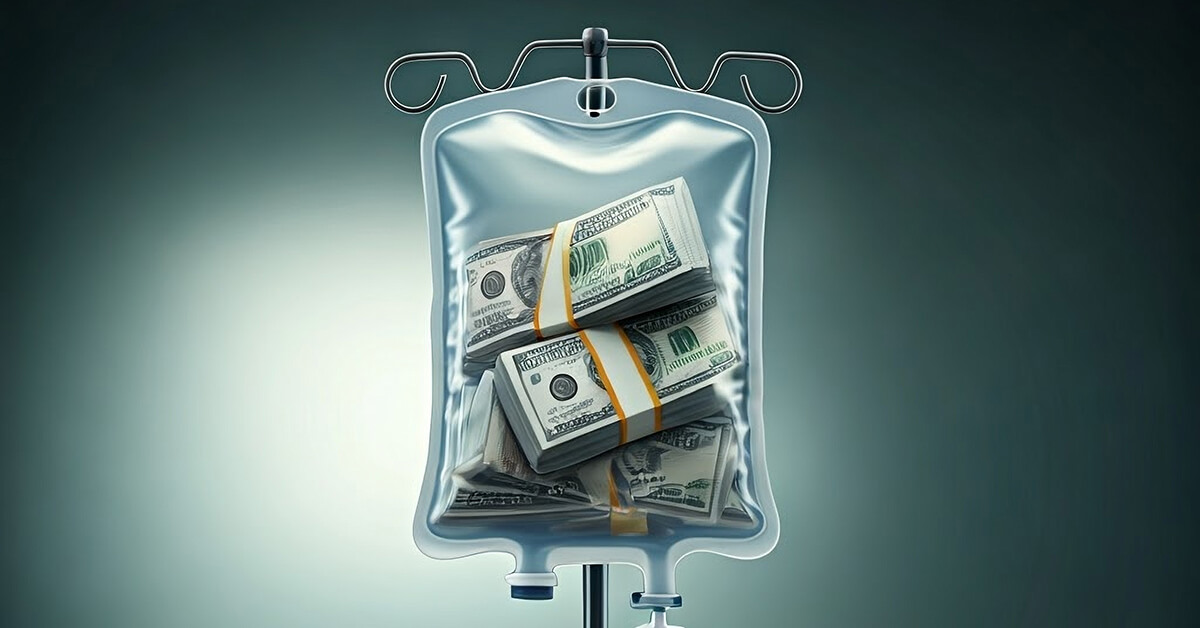September 3, 2025

Is the Financial Toxicity of Oncology Care a Myth?
Just when you think you know something, it turns out to be wrong.
My latest experience with this personal disappointment came after reading a new study in JAMA Oncology on the connection between a cancer diagnosis and medical debt.
Ever since my dad died from pancreatic cancer way back in 1989, I promised myself and my family that I would never pursue aggressive cancer treatment if I were diagnosed with cancer and had less than a 50% chance of beating it. First, I don’t want to deal with the poor quality of life and all the side effects that come with aggressive cancer treatment plans unless I have at least a 50-50 shot. Second, I don’t want to file for bankruptcy and leave my family with nothing from spending all our money on expensive oncology care unless I have at least a 50-50 shot. Both arguments seem reasonable to me.
Based on the results of the study, I may need to rethink the second argument after hearing about, reading about and — yes — writing about the “financial toxicity” of oncology care.
Ten researchers from Massachusetts General Hospital, Beth Israel Deaconess Medical Center and the Harvard Medical School compared changes in total debt, total debt in collections, medical debt in collections, credit scores and bankruptcy rates of patients diagnosed with cancer and a matched set of patients not diagnosed with cancer.
The study pool consisted of two sets of more than 74,000 people each in Massachusetts. The study period was 2010 through 2019. The researchers compared the two sets’ financial outcomes six years after people in the first set were diagnosed with cancer.
Here’s what the comparison found. The average amount of medical debt sent to collection for people diagnosed with cancer increased $15.45 compared with the control group. There were no increases in average total debt, total debt in collections, credit scores or bankruptcy rates. That’s it. $15.45.
The researchers tried their hardest to make it sound bad, saying, “Modest amounts of medical debt in collections persisted for years after cancer diagnosis.” Yes, $15.45.
At least according to this study, cancer may be a killer, but it’s not the financial killer we’ve been led to believe. Or rather, that I had come to believe. I guess there’s a silver lining to being wrong.
Thanks for reading.





